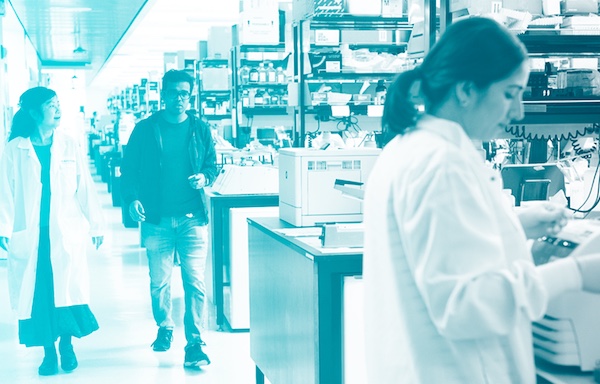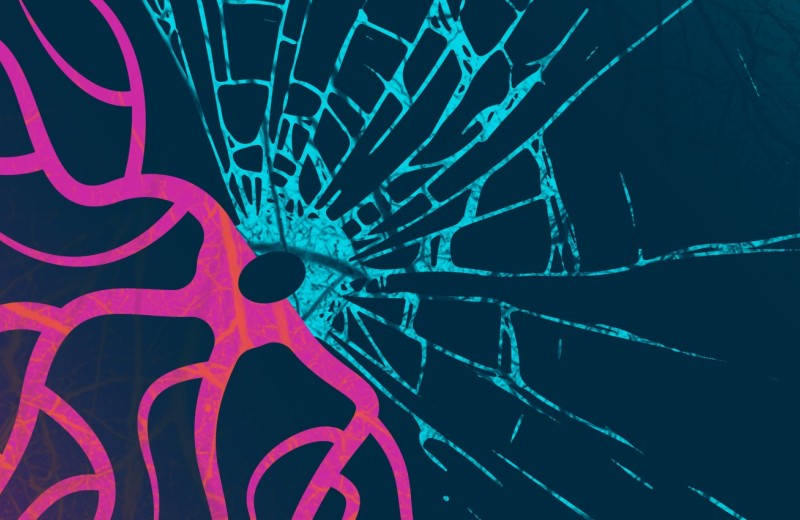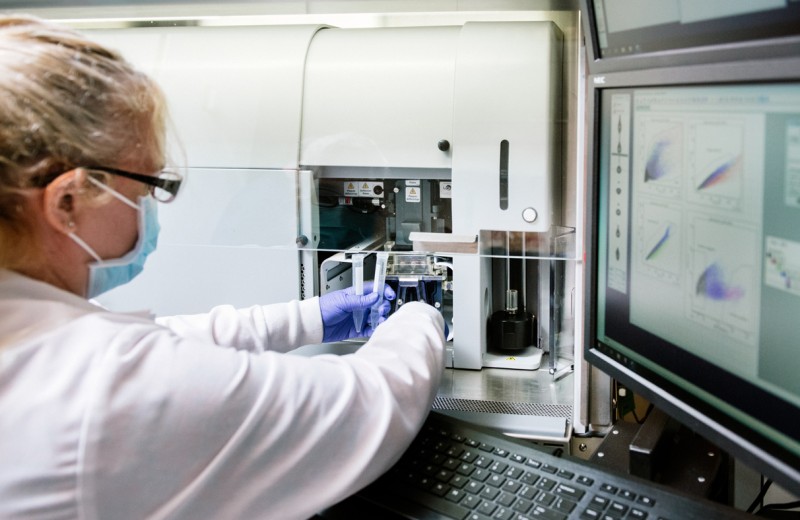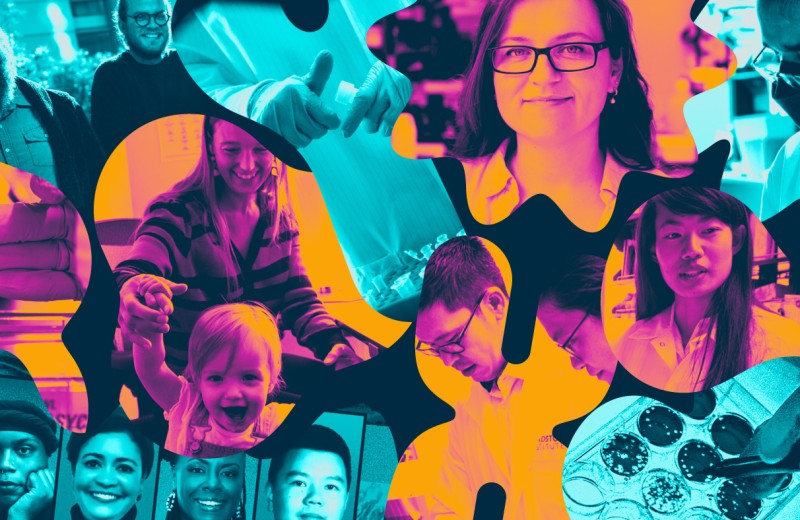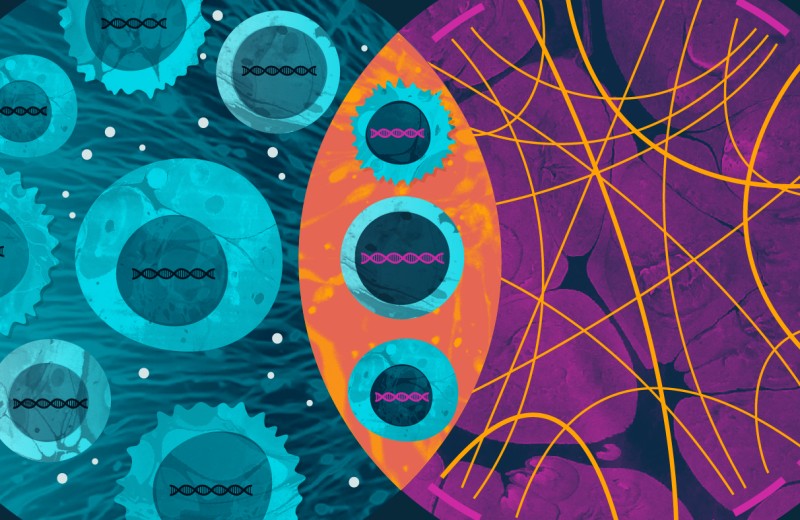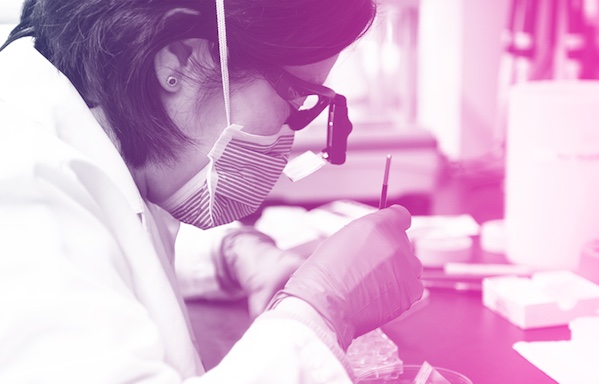The Personalized Stem Cells That Could One Day Treat Parkinson’s and Heart Failure
The Personalized Stem Cells That Could One Day Treat Parkinson’s and Heart Failure
The Wall Street Journal—Induced pluripotent stem cells have the potential to be used in innovative therapies for conditions like for Parkinson’s disease, macular degeneration, and heart failure. Gladstone Senior Investigator Shinya Yamanaka, who was the first to develop the technology, describes how a patient’s own cells can be used to generate tissue for transplantation.
Gladstone Experts Yamanaka Lab Stem Cells/iPSCs

